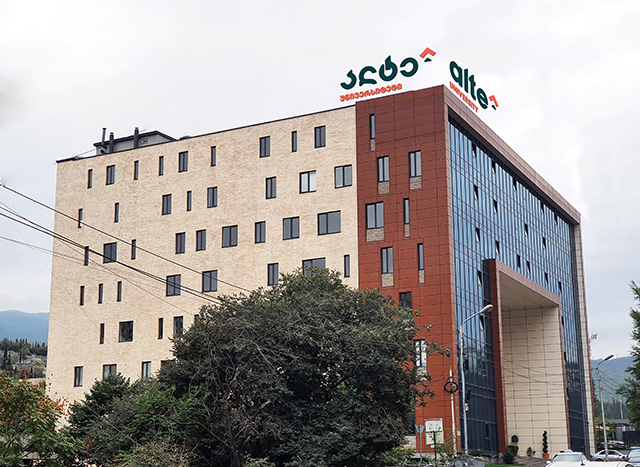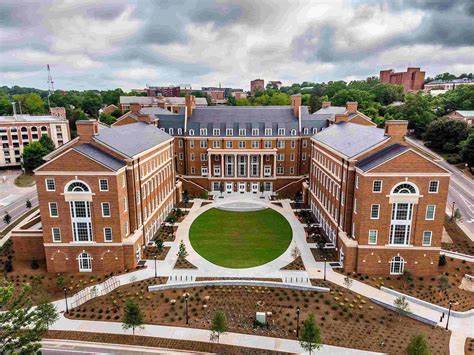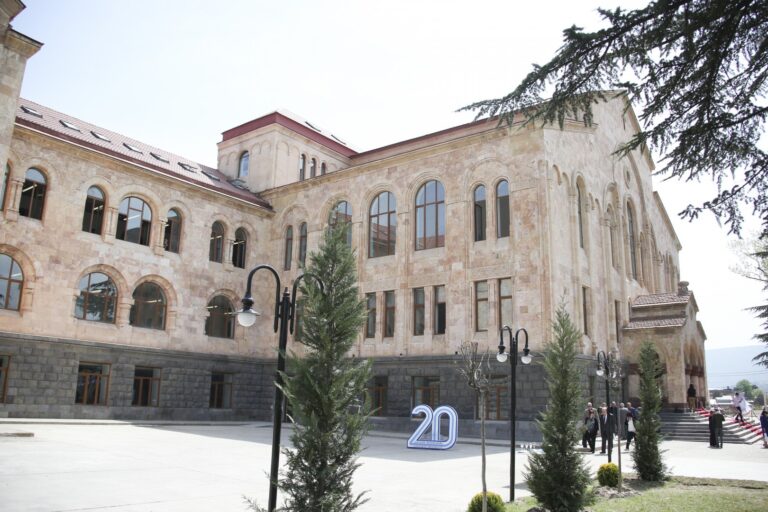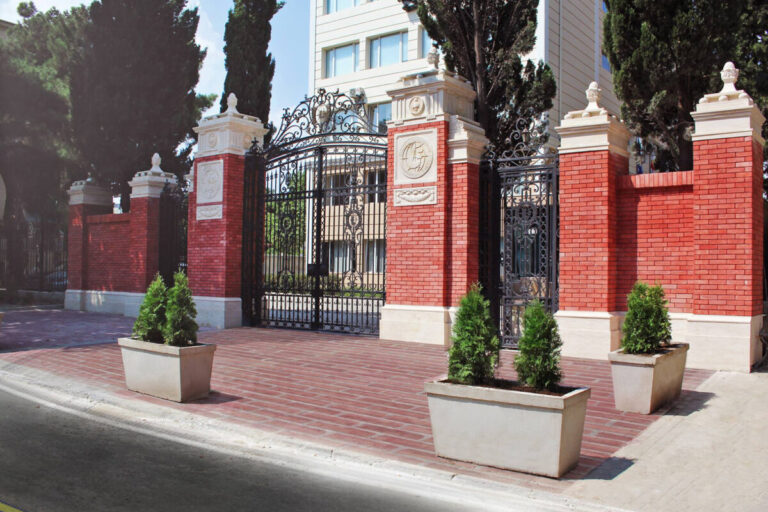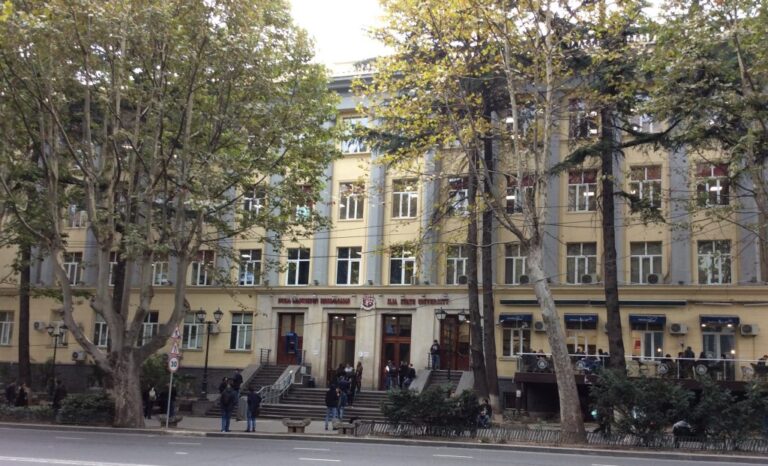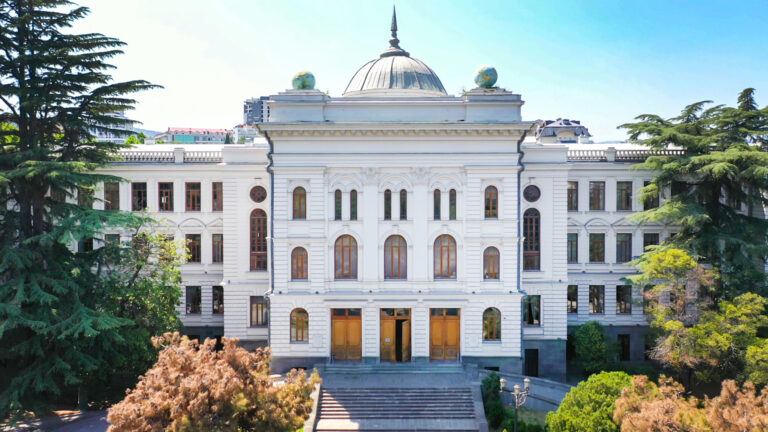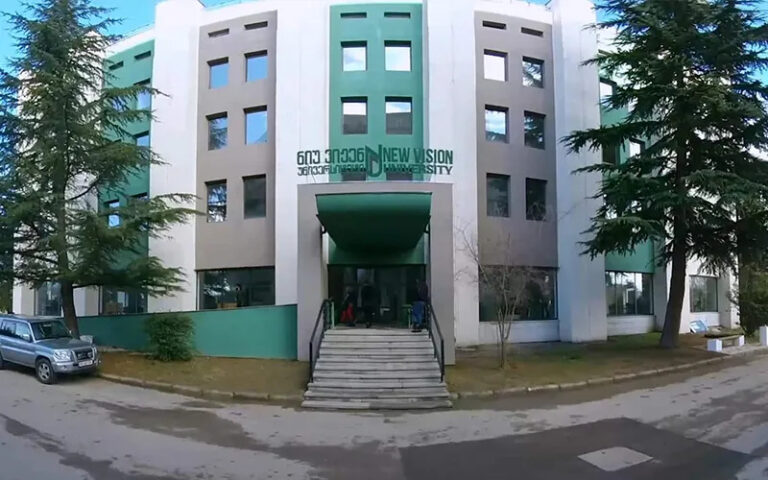Study in Georgia

MBBS in Georgia
Georgia in Europe has become a preferred choice for international students who want to pursue medicine or dentistry degrees. The high-quality education provided by medical schools/universities at an affordable cost attracts the students to study in Georgia a better option. Over the past decade, the country has made a significant investment in education, resulting in positive outcomes.
With English-taught MBBS and dentistry programs available at nearly all medical universities in Georgia, students have a wide range of options to choose from. Tbilisi, the largest city and capital of Georgia, located on the banks of the Mt’k’vari River, offers an ideal environment for students to study and live
Why Study Medicine In Georgia?
Reliable & Quality Education system
Degrees that are globally recognized
Low living expenses and affordable education fees
Medium of Teaching is English
Hospitals and clinics outfitted with cutting-edge technology
A stable country with outstanding possibilities for career advancement
No entrance exams

About georgia
Georgia, a country at the intersection of Europe and Asia, is a former Soviet republic that’s home to Caucasus Mountain villages and Black Sea beaches. The climate of Georgia depends on the region. In the west, the climate is subtropical, and in the east goes across from subtropical to temperate.
Georgia boasts of an exceptional education system, complete with top-notch facilities and a rich cultural heritage. The country has earned a global reputation for providing exceptional medical education for centuries. Furthermore, Georgia’s educational system adheres to European standards, making it highly acclaimed on the international stage.
Georgia’s exceptional educational standards make it a premier destination for pursuing a medical degree in Europe. One of the country’s unique selling points is that its medical education programs are entirely conducted in English. These courses are specifically designed to train and equip future medical professionals with the skills they need to practice medicine in Georgia or any part of the world.
Georgia’s universities hold a crucial advantage in that they are widely recognized by the majority of the world’s medical institutes. Graduating from one of these institutions will enable you to pursue medical practice anywhere in the world, including highly sought-after locations such as Middle East, United Kingdom and the United States.
About Tbilisi City

- The city experiences warm summers and moderately cold winters. Georgian is the official and most widely spoken language in Georgia, with Azerbaijani, Russian, English, Assyrian, Urum, and Svan being other common languages.
- Tbilisi, the capital city of Georgia, spans across both banks of the Mtkvari River and is surrounded on three sides by mountains.
- As a political, economic, and cultural hub of Georgia, Tbilisi offers plenty of entertainment options for both locals and tourists.
- Tbilisi receives substantial rainfall throughout the year, similar to other regions of Georgia, with no distinct dry period.
- Tbilisi has one international airport, the Shota Rustaveli Tbilisi International Airport, located approximately 18 kilometers southeast of the city center.
Frequently Asked Questions
Georgia is relatively affordable for students. The cost of living, including accommodation, food, transportation, and other expenses, is estimated to be around $500 to $800 per month.
Admission requirements vary by university and program. Generally, you'll need to submit academic transcripts, a valid passport, language proficiency test scores (such as IELTS or TOEFL), and letters of recommendation.
Medical degrees obtained in Georgia are recognized by many countries. However, it's essential for graduates to check specific licensing and certification requirements for the country where they plan to practice.
Yes, international students are generally allowed to work part-time during the academic term and more hours during vacation periods.
Georgia has modern healthcare facilities, and medical students have the opportunity to gain hands-on experience in well-equipped hospitals. The country provides a diverse clinical exposure that enhances the overall learning experience.
Yes, medical students in Georgia typically have the opportunity to undergo internships as part of their clinical training, gaining practical experience in hospitals and healthcare facilities.
The student visa processing time can vary, but it's advisable to apply well in advance, typically a few months before the intended start date.
No stipend is provided to students during their internship in Georgia
Yes, admission for MBBS is available in Georgian universities during the autumn season.
Transferring between Georgian medical universities is possible but subject to each university's policies, academic performance, and available spaces.
Yes, medical studies in Georgia offer research opportunities, enhancing students' academic experience and fostering scientific inquiry and discovery
Applying to Georgia does not require providing IELTS or TOEFL scores.
The minimum prerequisite for admission to the medical program in Georgia is a 50% score in Physics, Chemistry, and Biology in the 12th grade.
Top 10 Universities in Georgia
Ready to take the first step?
Chat with our Specialist Consultant Now!

